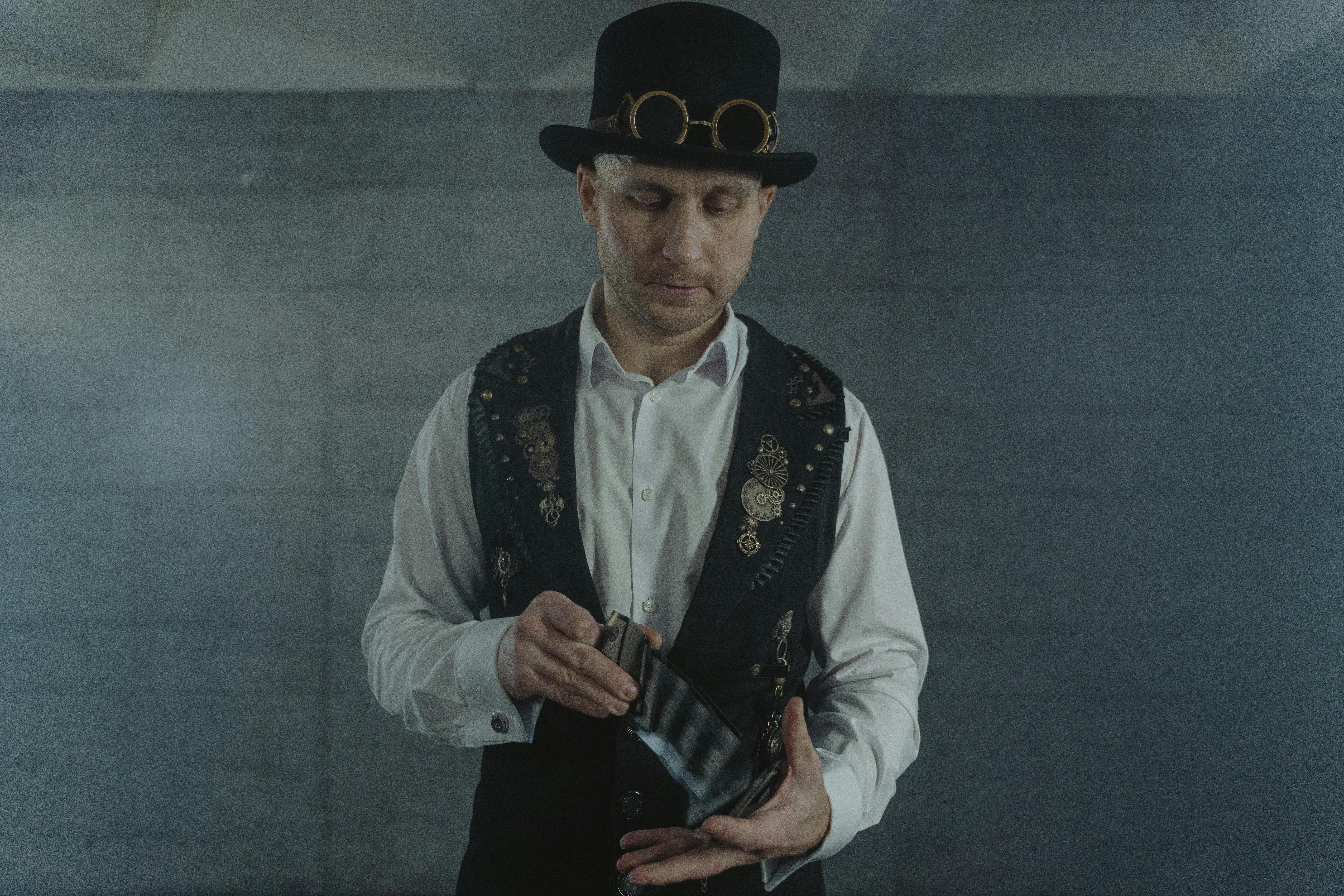In today’s world of more and more information becoming available, there seems to be more and more confusion regarding the subject of an “addiction cure.” Is there a cure for addiction? Some people would argue quite convincingly that it exists.
I will point out that “even stopping completely, for many years, does not mean someone is cured.”
You will probably read or hear information about this topic with various points of view. The concept of an addict who has been clean for years and years, who has not been cured, is difficult to understand.
I recently received a letter from a reader presenting his point of view. I include part of it, plus my response to it. I believe you can listen and learn to discern some of the subtler differences and truths regarding this perplexing disease of addiction.
Letter signed “an ex-addict from the Netherlands”:
“I just finished your book and I want to thank you for your bravery. Your vision is an inspiration to me. I have great admiration for people who dare to be vulnerable and put their journey on paper.
I was once addicted too. I ended my addiction in 2008. Now, I train others to break free from the confidence trick of drugs. Ironically, I live in the Netherlands, where the drug culture is not the same as what we know in the United States. I moved here from the great state of Colorado (yes, coffee shops had a lot to do with it). My four years in college were undoubtedly where my addiction took off. Cheap beer, cheap marijuana, cheap coke… and plenty of willing “students.” destructive combination.
Joe, there is another reason why I feel compelled to write today. To be honest, there is a central component in his philosophy (and in AA and in almost all 12-step programs) that I do not agree with. I would like to share it with you:
You write (and AA preaches) that an addict is never cured. In his opinion, an addict is always “on the mend.” Truth be told, not only do I disagree with this idea, but I think it makes it more difficult for addicts to even try to quit.
Let me explain. I believe in my heart, based on my own personal experience, that when a drug addict no longer wants to take a drug, he really has no desire to take the drug, he is free. Cured.
Recovered. An “ex-addict”, not a “recovering addict”. It’s finished. Why burden ourselves with the grim proposition of having to look over our shoulders forever for triggers, temptations, pending relapses? Once we see that drugs never gave us anything, nothing at all, and that drugs have absolutely nothing to offer us in the future, we are finished.
I coach my clients to enjoy the moment, to celebrate their newfound freedom, and to immediately move on to the joy of life ahead. Right now! Don’t wait 150 days. Don’t wait to get your next chip. You’re free. You get it. C’est fini. Enjoy, from now on.
If support groups help, great. If a “sponsor” helps, great. If the council advises, immediately. Certainly we must nurture our physical and spiritual selves for the rest of our days. But constantly adding up the days, months and years, waiting until enough time has passed before being free seems so daunting to users that they won’t even try to quit for fear of “battle” life.
And don’t get me wrong. AA saved my father’s life. AA saved my brother’s life. I am grateful for AA’s tremendous contribution to health and wellness in our culture. But the idea of ”recovering” needs an update, a dose of
evolution, a facelift if you will. Once you stop smoking, you are not an addict. You are an ex-addict.
In the brilliant words of American folk singer Todd Snider, “Drugs? I’m over it.”
Thanks again Joe and God bless you.
~ an ex-addict from Holland
Dear former,
Thank you for the words of encouragement in your email. We have spent many years trying to find quality information on this perplexing problem called addiction. Our focus is with alcohol and other drug dependencies.
I will limit my terminology regarding addiction to tangible substances such as alcohol, coke, methamphetamine, weed, heroin, etc. When it comes to using the word addiction for gambling, porn, etc, I’ll let someone else address these issues.
What I am picking up on in the second half of your email is the dilemma of differentiating the words “recovered” and “recovering” in relation to addiction. Therefore, we find ourselves using labels that most people don’t want to use, such as addict and alcoholic. Who wants to forever identify as any of these?
On the other side of the argument is the term “cured.” Almost everyone who studies and works in this field says that there is no cure for drug addiction, so who is right?
I think one way to address this is to revise a definition of alcohol or drug addiction. Although there are many signs and symptoms, there is one that is common to all alcoholics and drug addicts: loss of control. At some point, a person will lose the ability to control their use. Whether they’re daily users or compulsive users, the common thread is that once they start using, they can’t control how much or when to stop.
So if we can agree on that point, we can move on to a discussion about the cure. To me, a cure means a reversal or absence of the problem or disease. In the case of substance addiction, I, in the last thirty-three years, have never seen an addict regain control of his use to become a social-occasional user.
So I think if I were to tell someone that they’re cured, they might think they don’t have a problem anymore. That opens the door to another attempt at social use, which NEVER works out.
The way I explain it to people is to think of it as cancer. There is no cure for cancer, but the cancer often goes into remission after treatment. It does not mean that they have been cured or that a healing has occurred. It’s still there, but it’s in remission.
Personally, I haven’t used anything since 1977, but I’m not cured. My disease is in remission. If I decided to try drinking occasionally or socially, it would bring my disease out of remission and very soon it would cause a lot of problems again.
However, I agree with what you said: that once a person “gets it”, they can move on with their life. Once they come to believe and understand their illness at a deep level, they can and should move on with their lives. I don’t tell people that “you have to go to a lot of meetings for the rest of your life.” Each person will have to decide for himself: how much participation he needs to stay sober and how often he should attend support groups.
AA and the 12 steps are the best support to lay that foundation. This is what has worked best for most. And in the long run, in my opinion, it’s best to err on the side of caution when it comes to this terrible and devastating disease.
peace and grace,
~Joe



